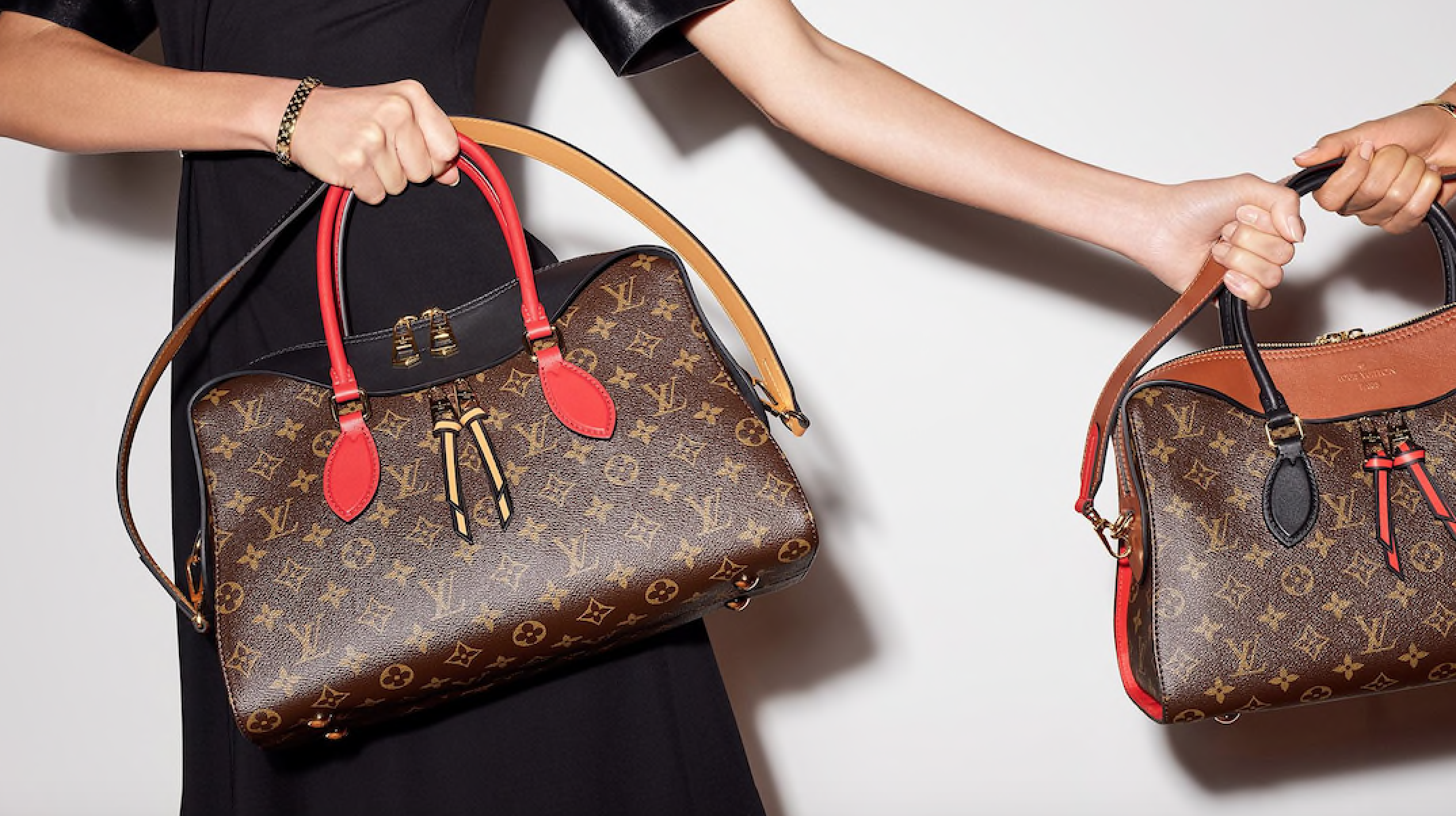
A whopping $2.4 billion-worth of imports from France are set to be taxed by the U.S., putting coveted luxury goods in the crossfire of a bi-national fight over a new French digital services tax. In a statement on Monday, the Trump administration threatened a 100 percent increase in French import taxes in connection with its claims that France’s 4-month old Digital Services Tax “unfairly targets U.S. tech companies, such as Apple Inc. and Alphabet Inc.’s Google unit,” according to the Wall Street Journal.
The French law, which was passed this summer, imposes a 3 percent tax on the digital revenue of companies that generate at least 750 million euros ($845 million) in global revenue and digital sales of 25 million euros in France, with Facebook Inc., Google, Amazon, and Apple being some of the most heavily-cited entities. As the Bloomberg reported in July, “Of about 30 businesses affected [by the new French law] – which focuses taxation on where users of online services are located, rather than on where companies base their European headquarters or book their earnings – most are American.”
In a statement on Monday, U.S. Trade Representative Robert Lighthizer pushed back against the French tax, stating that “the law deliberately targets U.S. companies,” and that the government must “send a clear signal that the United States will take action against digital tax regimes that discriminate or otherwise impose undue burdens on U.S. companies.”
That signal, as of Monday, is a proposed implementation of tariffs on $2.4 billion-worth of French-made products, including champagne, cosmetics, and luxury goods like Louis Vuitton and Chanel handbags, among other French products. As noted by the Wall Street Journal, the $2.4 billion in imports threatened with tariffs – which will be subject to formal public hearings in early 2020 – “is slightly less than 5 percent of the $52 billion worth of goods imported from France in 2018.”
As for U.S.-sold Louis Vuitton bags, in particular, they might be safe. While Reuters reports that the price of the handbag marker’s parent company LVMH Moët Hennessy Louis Vuitton’s Euronext shares had sunk by 2.3 percent by Tuesday afternoon, the Paris-based brand, itself, might not actually be crippled by the potential tax. After all, Louis Vuitton – which holds the title of the world’s most valuable luxury goods brand – has been busy expanding its manufacturing footprint in the U.S. in recent years, opening a new factory in Johnson County, Texas as recently as October, bringing its total domestic outpost count to three.
In addition to the 2-month old factory in Texas, Louis Vuitton also maintains factories in San Dimas and Irwin, California, which have enabled it to make “approximately half the bags” it has sold in the U.S. over the past 30 years on U.S. soil, the New York Times’ Vanessa Friedman reported in October.
The brand’s latest factory unveil, which was attended by Donald Trump, made headlines in large part because it has been viewed as a vehicle for “Louis Vuitton [to] hedge against the risk of trade disputes between the U.S. and European Union,” the WSJ stated this fall, particularly as “the Trump administration has placed tariffs on a range of EU products as it seeks to rewrite the rules of global trade.”
As for rivals Kering, which owns Gucci, Balenciaga, Yves Saint Laurent, and Bottega Veneta, among other brands, and Birkin-maker Hermès, neither of which maintain expansive manufacturing operations in the U.S., their stock prices similarly fell on Tuesday in response to the threatened tariffs.
Bloomberg revealed on Tuesday that “France’s government said the European Union will retaliate if the U.S. follows through on a threat to hit about $2.4 billion of French products with tariffs over a dispute concerning how large tech companies are taxed.”


Leave a Reply